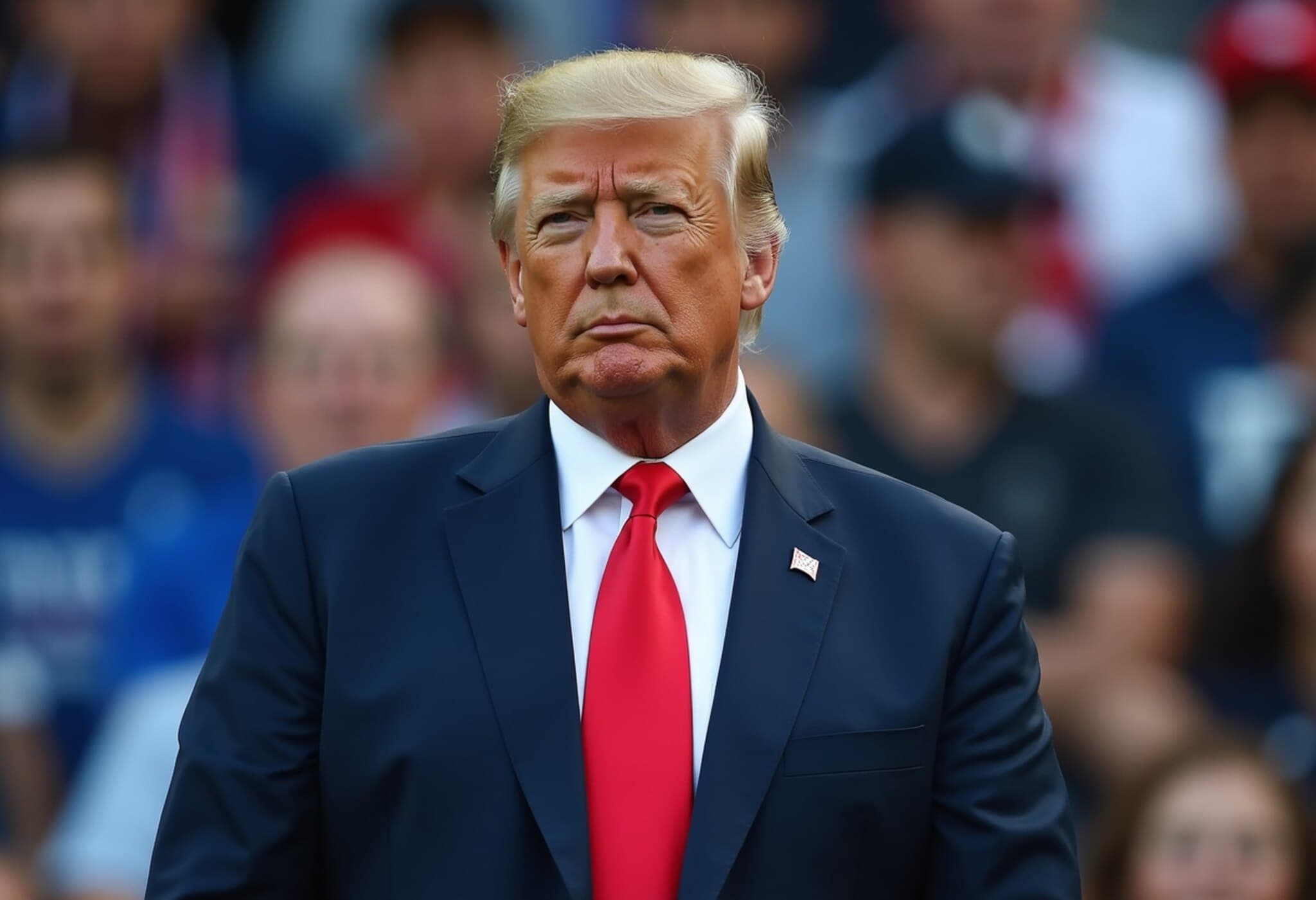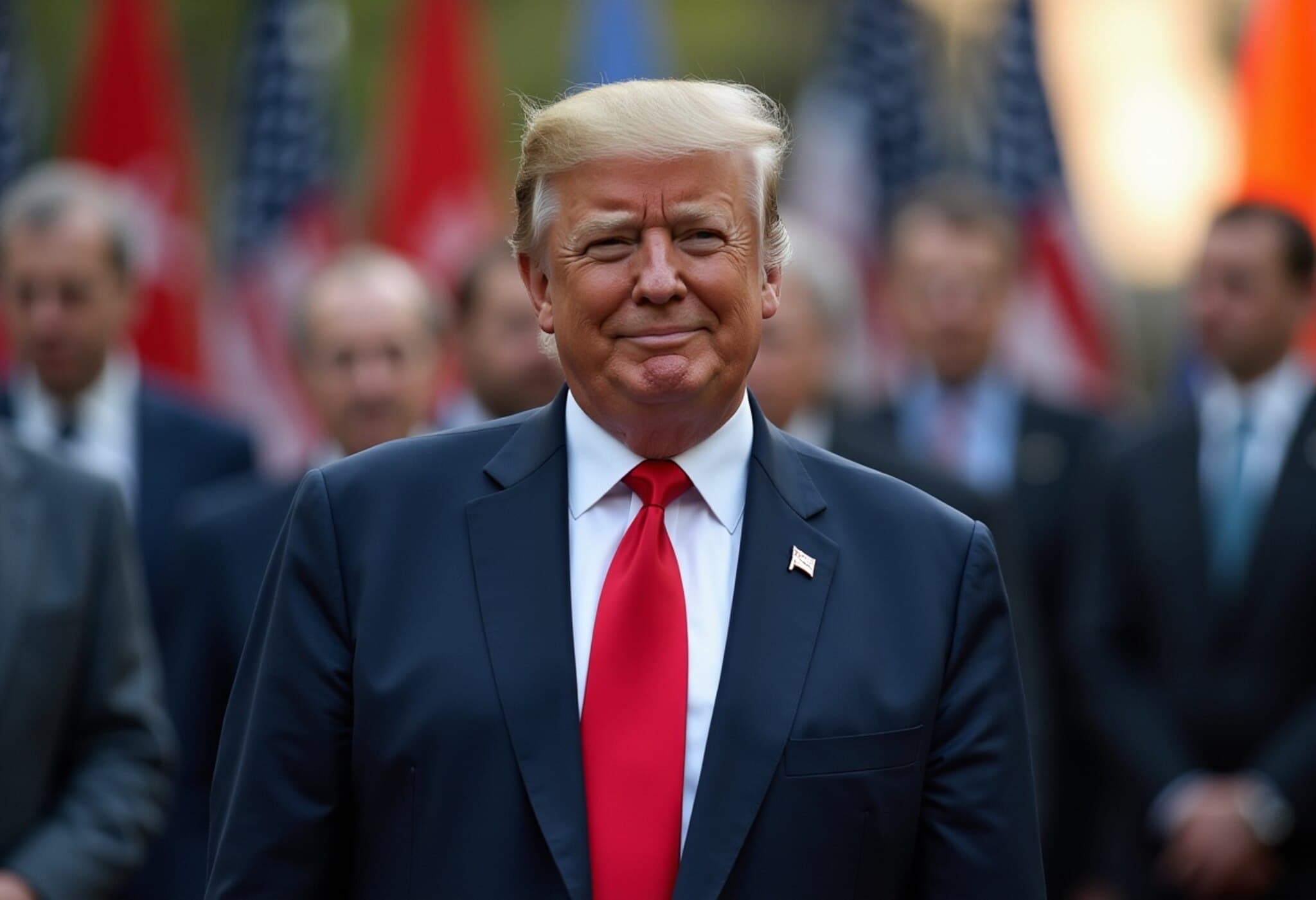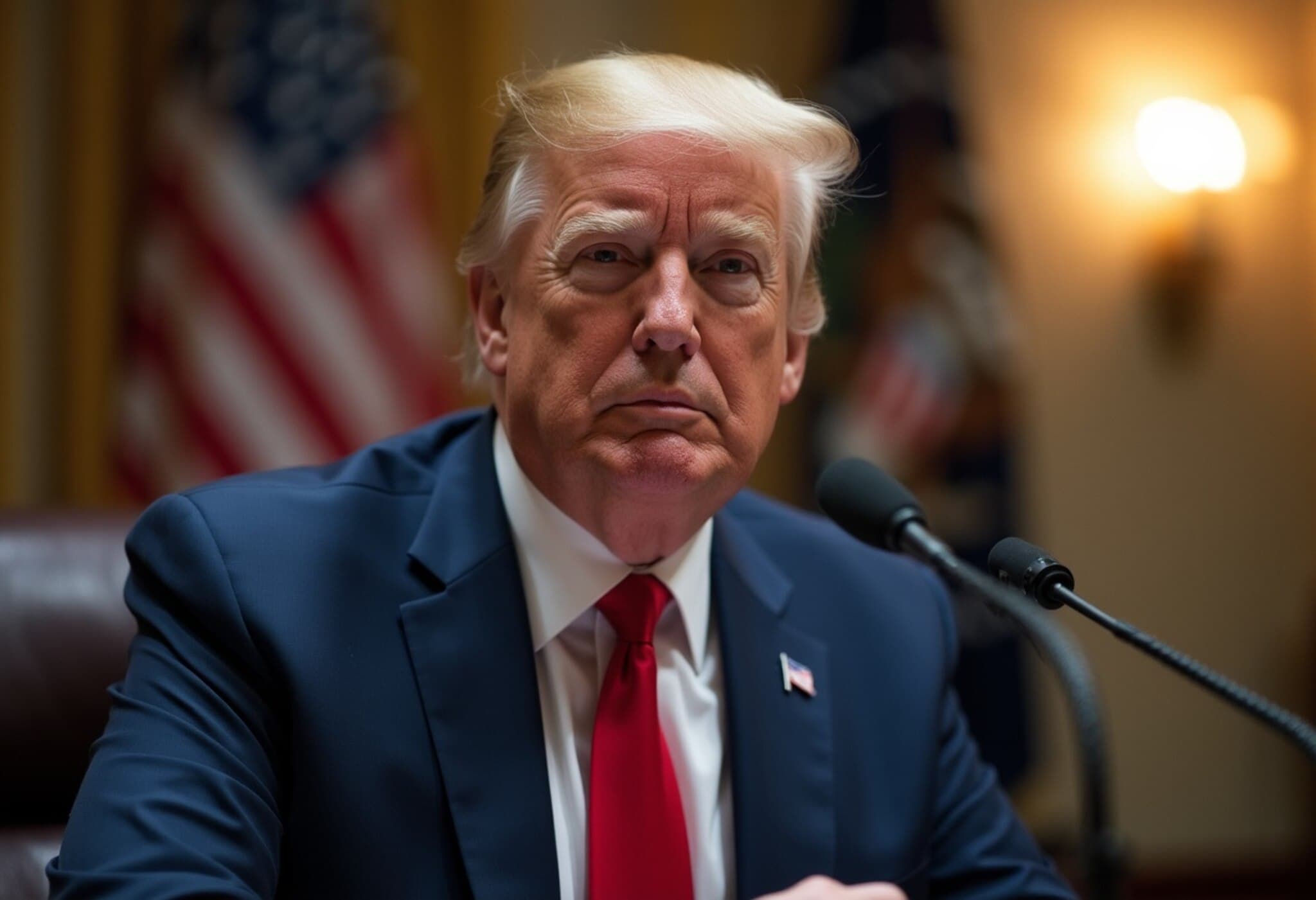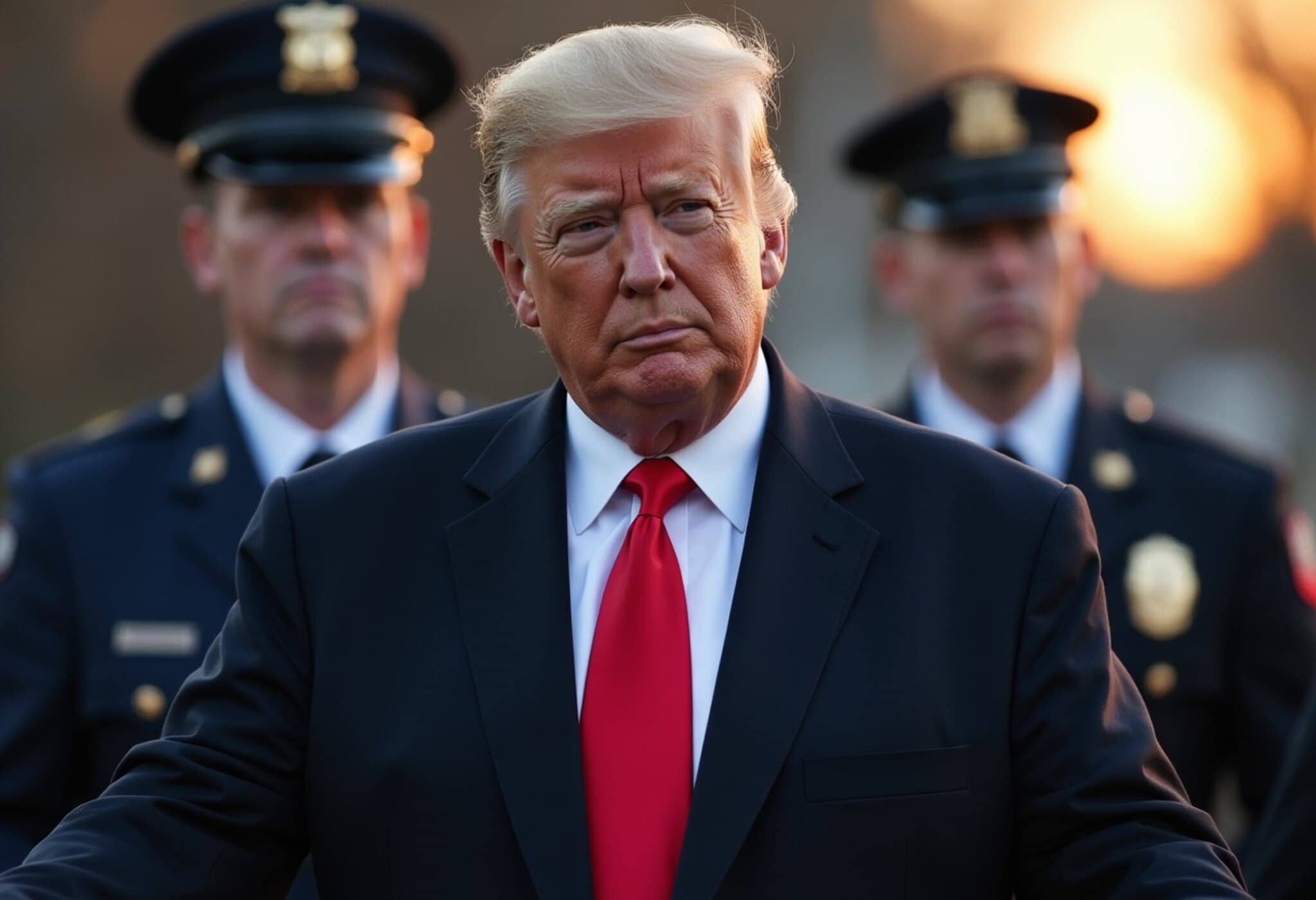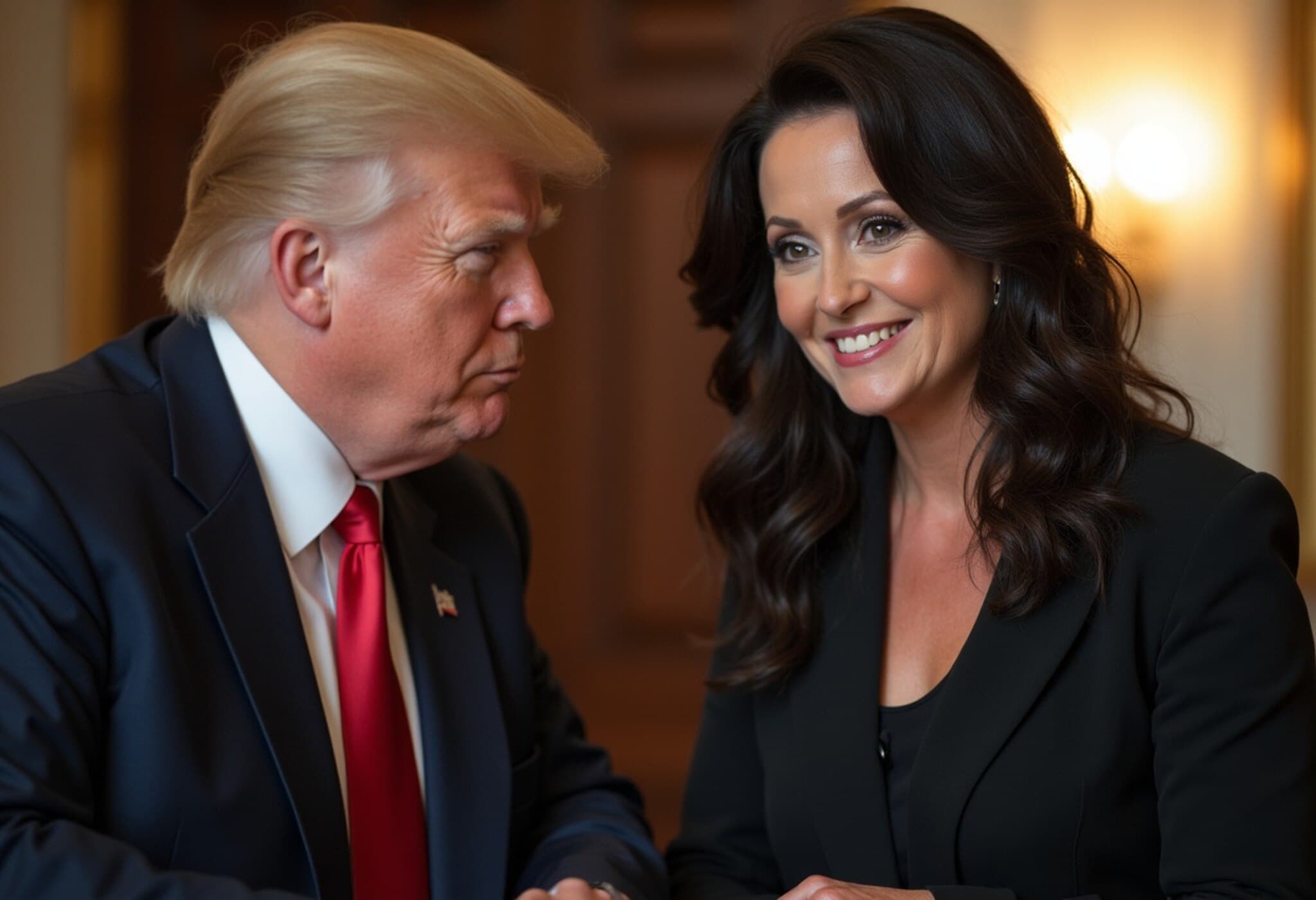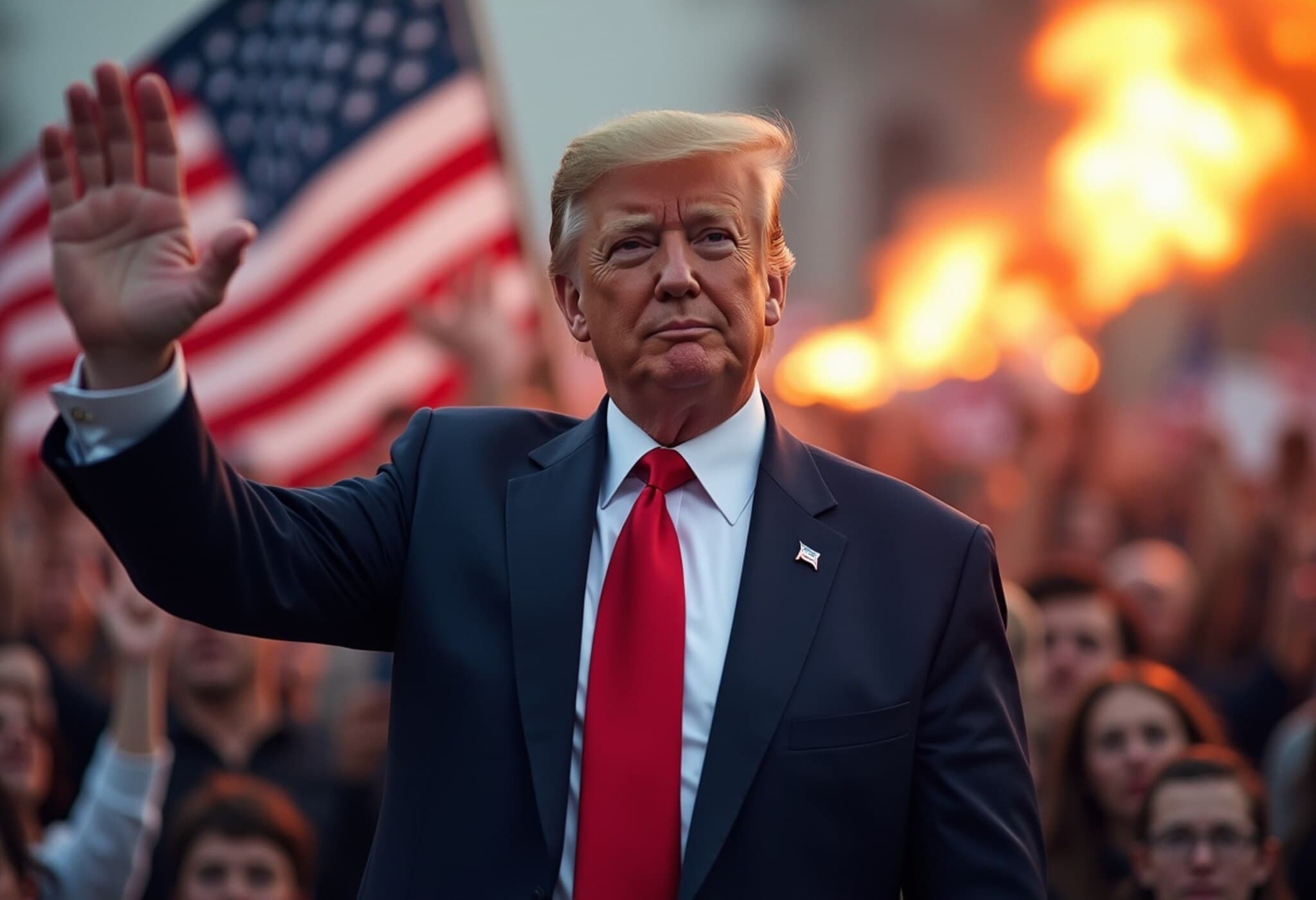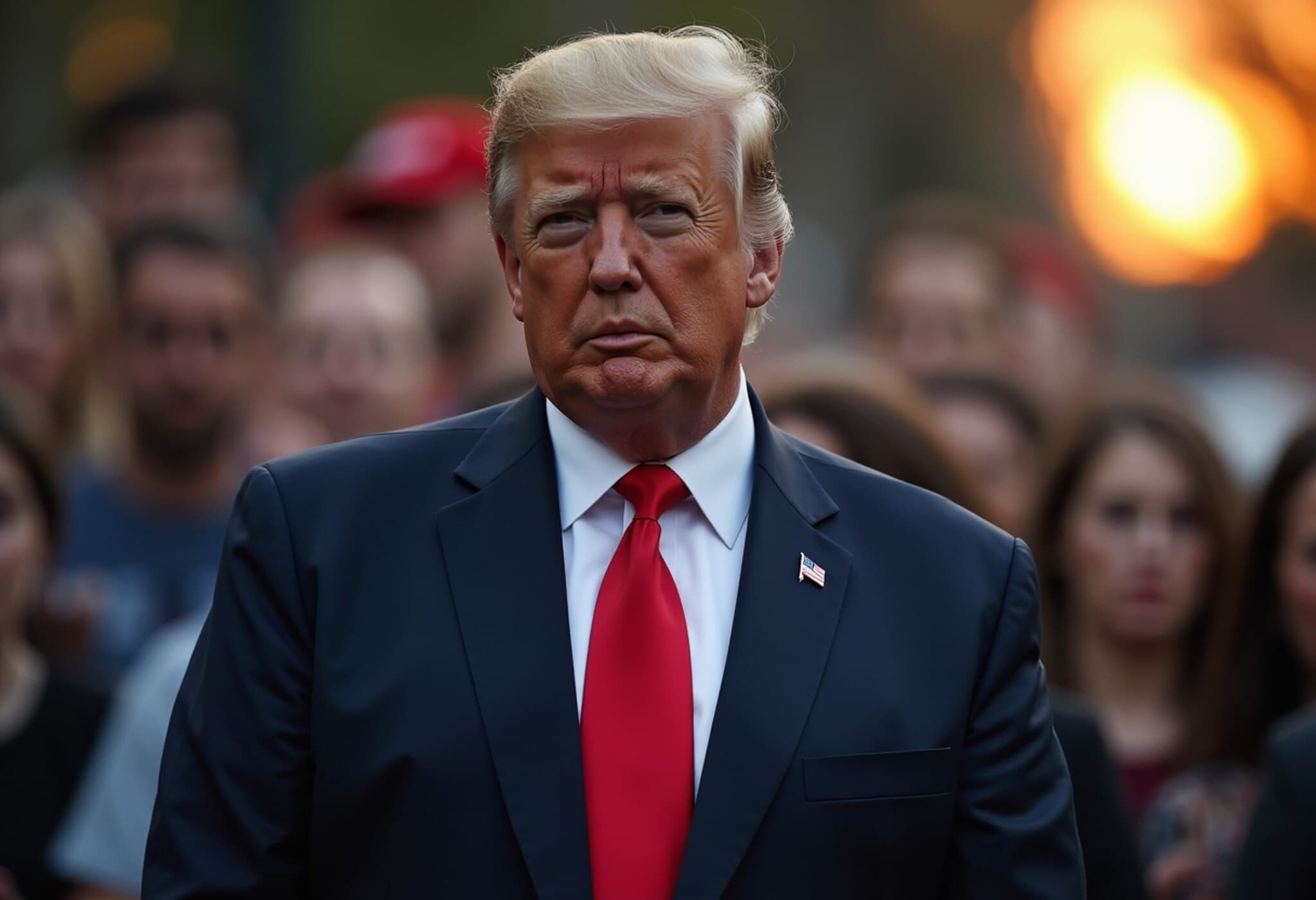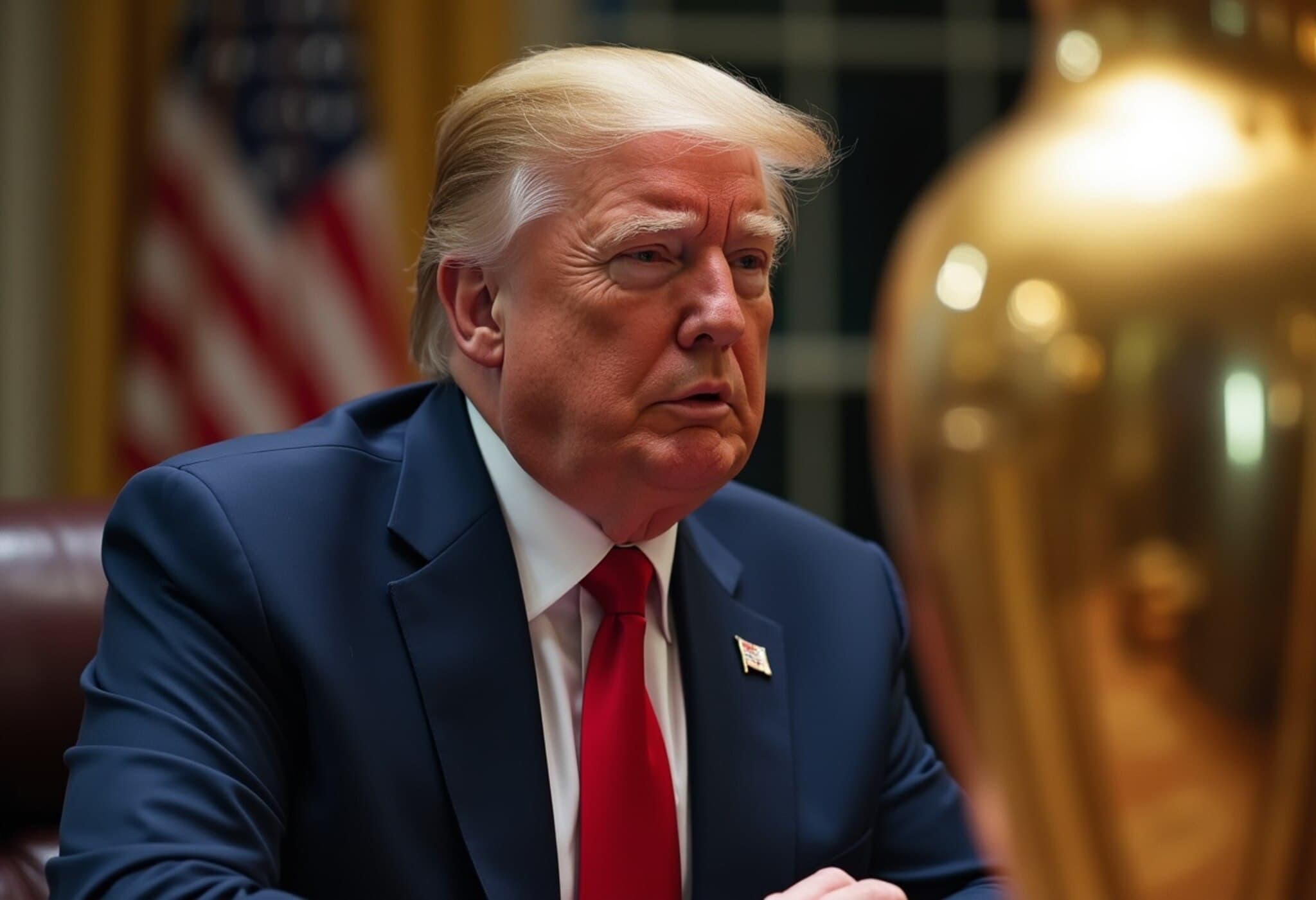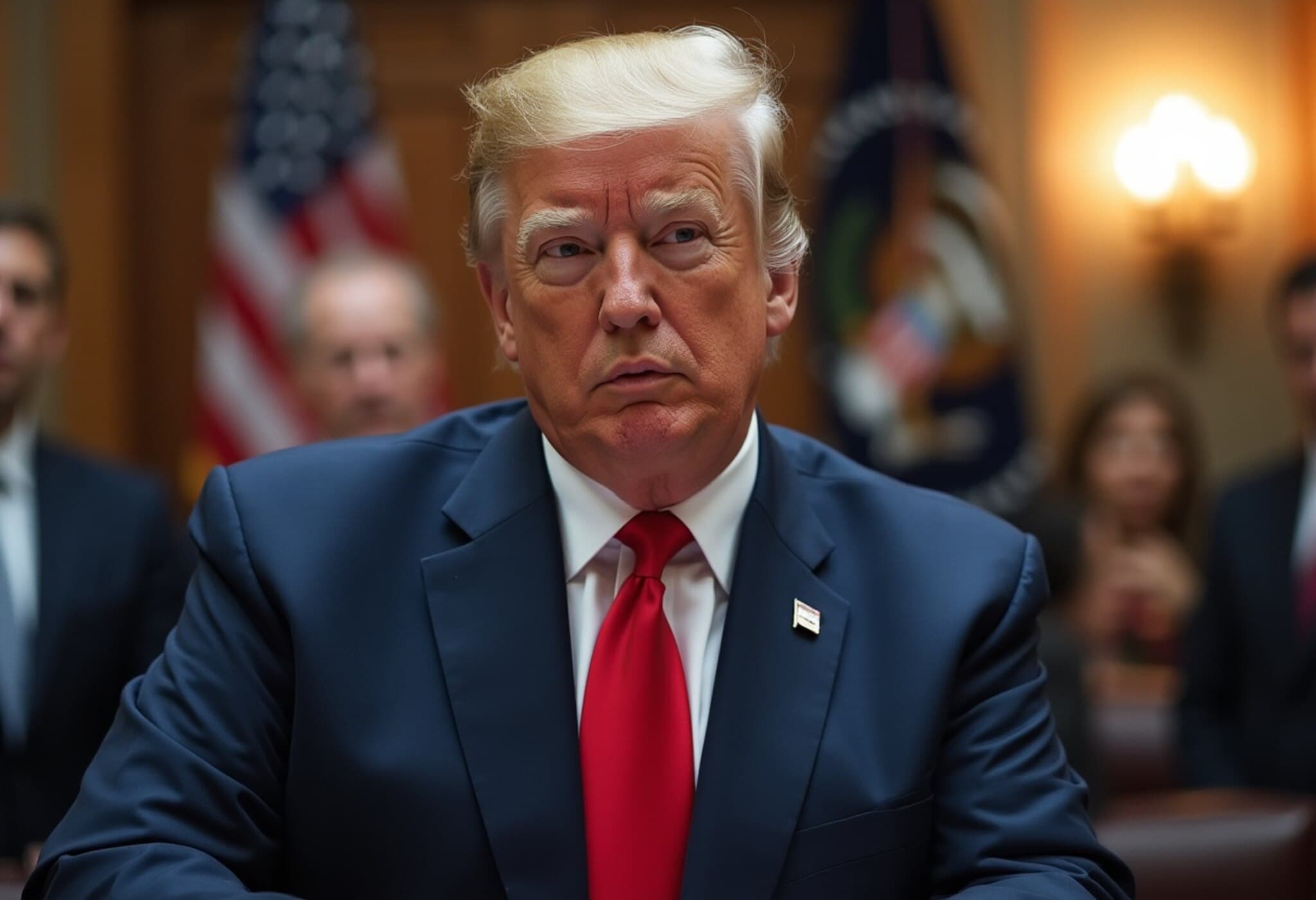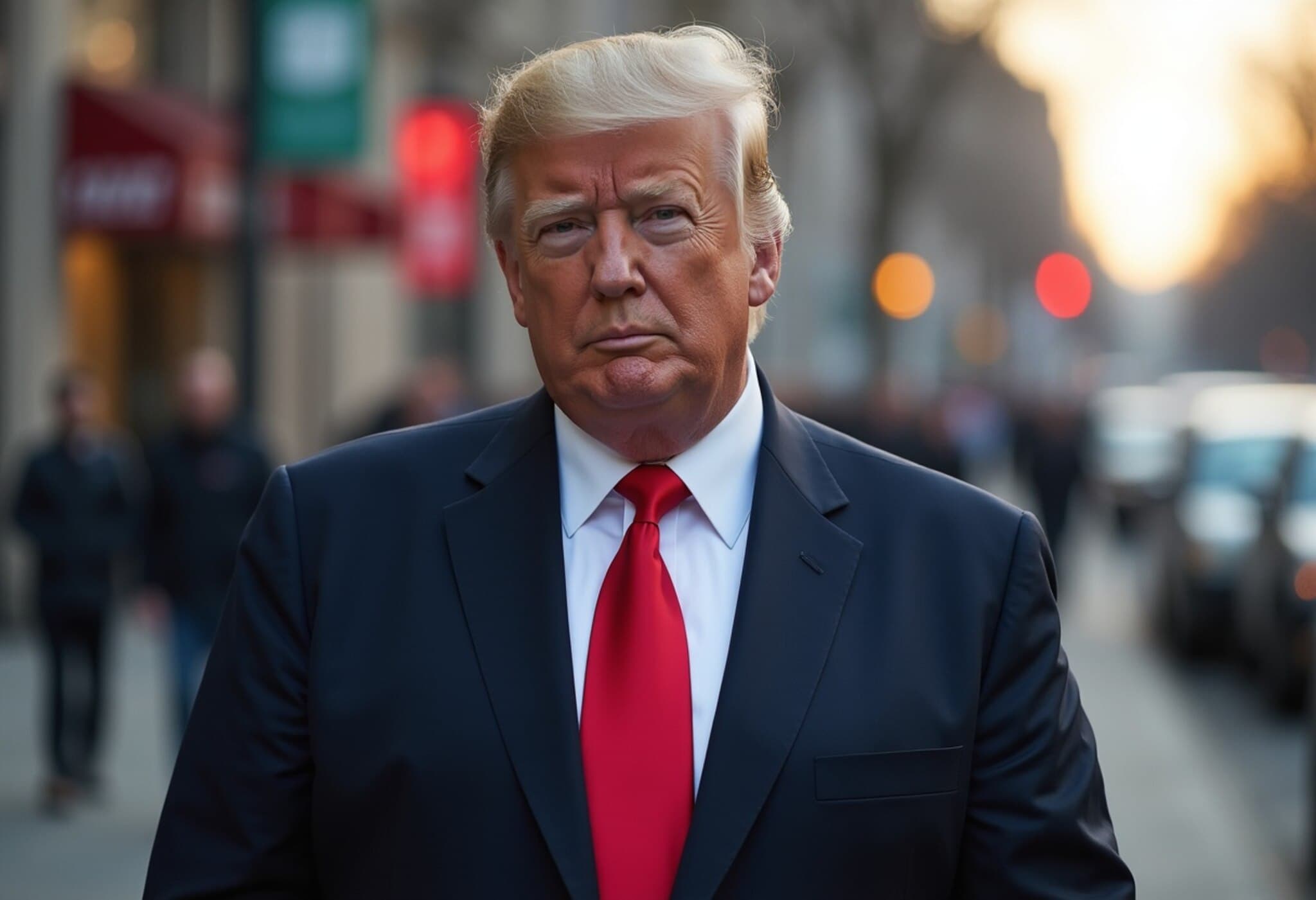Trump Marks One-Year Anniversary of Assassination Attempt at FIFA Club World Cup Final
In a poignant display of resilience and reflection, former US President Donald Trump commemorated the one-year anniversary of the failed assassination attempt against him by attending the FIFA Club World Cup final on Sunday. The event, held at MetLife Stadium in East Rutherford, New Jersey, saw Chelsea decisively defeat Paris Saint-Germain (PSG), much to the delight of fans worldwide.
A Solemn Yet Triumphant Occasion
Joined by family, close advisers, and a lineup of notable guests, Trump used the moment not only to celebrate a major sporting victory but also to express deep gratitude. “It remains my firm conviction that God alone saved me that day for a righteous purpose: to restore our beloved Republic to greatness and to rescue our Nation from those who seek its ruin,” Trump said in a statement released later that evening upon his return to Washington.
He also paid tribute to the unsung heroes of that harrowing day — the doctors, first responders, and everyday rallygoers who courageously helped guide others to safety. “These men and women arrived at the rally grounds as ordinary Americans, but left as heroes,” he remarked, underscoring the profound impact of community solidarity during crisis.
The Incident Revisited: Security Breakdown and Aftermath
The assassination attempt took place during a campaign rally in Pennsylvania, where a gunman, Thomas Matthew Crooks, managed to scale a nearby building and fire eight shots at Trump. The shots wounded three people, tragically killing one attendee, and narrowly missed the former president, with a bullet grazing his ear. Secret Service agents responded swiftly, neutralizing Crooks with a fatal counter-sniper shot.
This harrowing episode illuminated gaps in security protocols during highly public political events, prompting extensive reviews of presidential protection measures. The incident also sent a ripple shock through the already charged 2024 presidential race and raised urgent questions about political violence and public safety in America.
Chelsea’s Commanding Victory and Trump’s Stadium Presence
On the brighter side of the day, Chelsea dominated the FIFA Club World Cup final, storming to a 3-0 lead in the first half with goals from Cole Palmer and João Pedro. Their victory thwarted PSG’s bid for a fourth major title this season, delighting fans of the English Premier League powerhouse.
Trump, alongside First Lady Melania Trump, was warmly welcomed by the crowd as they arrived before the match’s curtain-raiser performances by Robbie Williams and Laura Pausini. Their presence spurred a mixed yet vibrant reaction from fans, highlighting the polarized sentiments toward the former president.
After the match, Trump joined players on the field, congratulating top performers and participating in the trophy presentation alongside FIFA President Gianni Infantino and his wife. Reflecting on the game, Trump remarked to reporters, “It was an upset today I guess, but it was a great match,” showcasing his characteristic flair even in sporting commentary.
Notable Attendees and Political Overtones
The president’s luxury box was a congregation of influential figures, including Attorney General Pam Bondi, Transportation Secretary Sean Duffy, Homeland Security Secretary Kristi Noem, NFL legend Tom Brady, and media titan Rupert Murdoch. Their presence underscored the intersection of sports, politics, and media spectacle.
Attending a major international sporting event on such a significant personal anniversary adds layers of symbolic meaning. It situates Trump not just as a political figure but as a public personality navigating recovery and resilience in the spotlight.
Expert Analysis: Political Security and Public Sentiment
From a security policy perspective, the assassination attempt on Trump revealed vulnerabilities in protecting prominent political figures during high-profile public events. Experts argue that increasing polarization and political unrest in the US necessitate a reevaluation of strategies to ensure safety without dampening democratic engagement.
On the public sentiment front, Trump’s mixed reception at the stadium reflects the complex and often divisive attitudes toward him, illustrating how sporting venues increasingly serve as stages for broader societal dialogues.
Looking Ahead
As America grapples with issues of security, political division, and national identity, moments like these—where sports, politics, and personal resilience intersect—offer a unique lens to understand the nation’s evolving story.
Editor’s Note
This anniversary of the assassination attempt on Donald Trump offers more than a personal milestone—it raises critical questions about the balance between public safety and political expression in the US. It also underlines the symbolic power of global sporting events as spaces where political narratives unfold. Readers are encouraged to contemplate how these dynamics shape both democracy and national identity in turbulent times.

